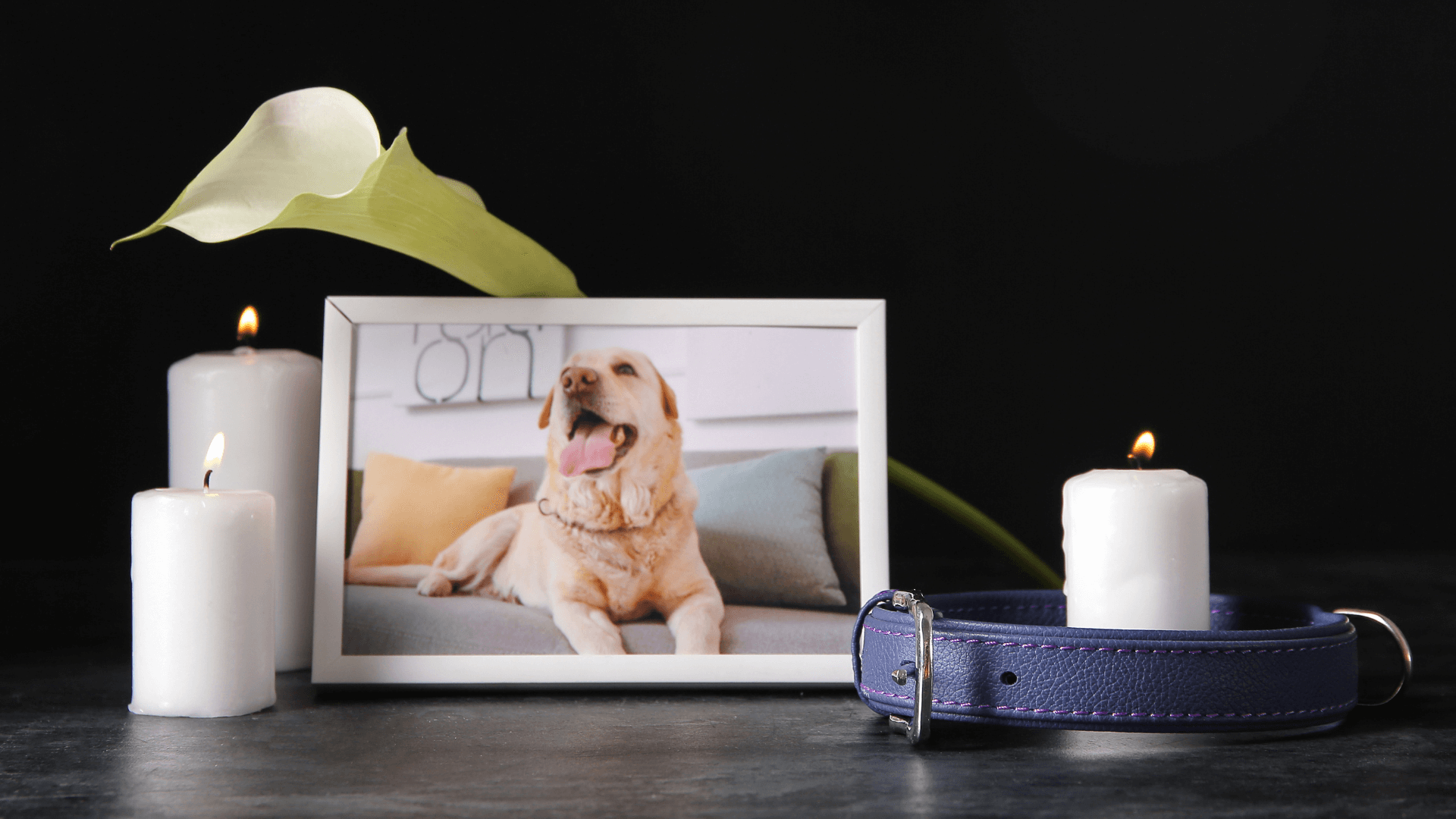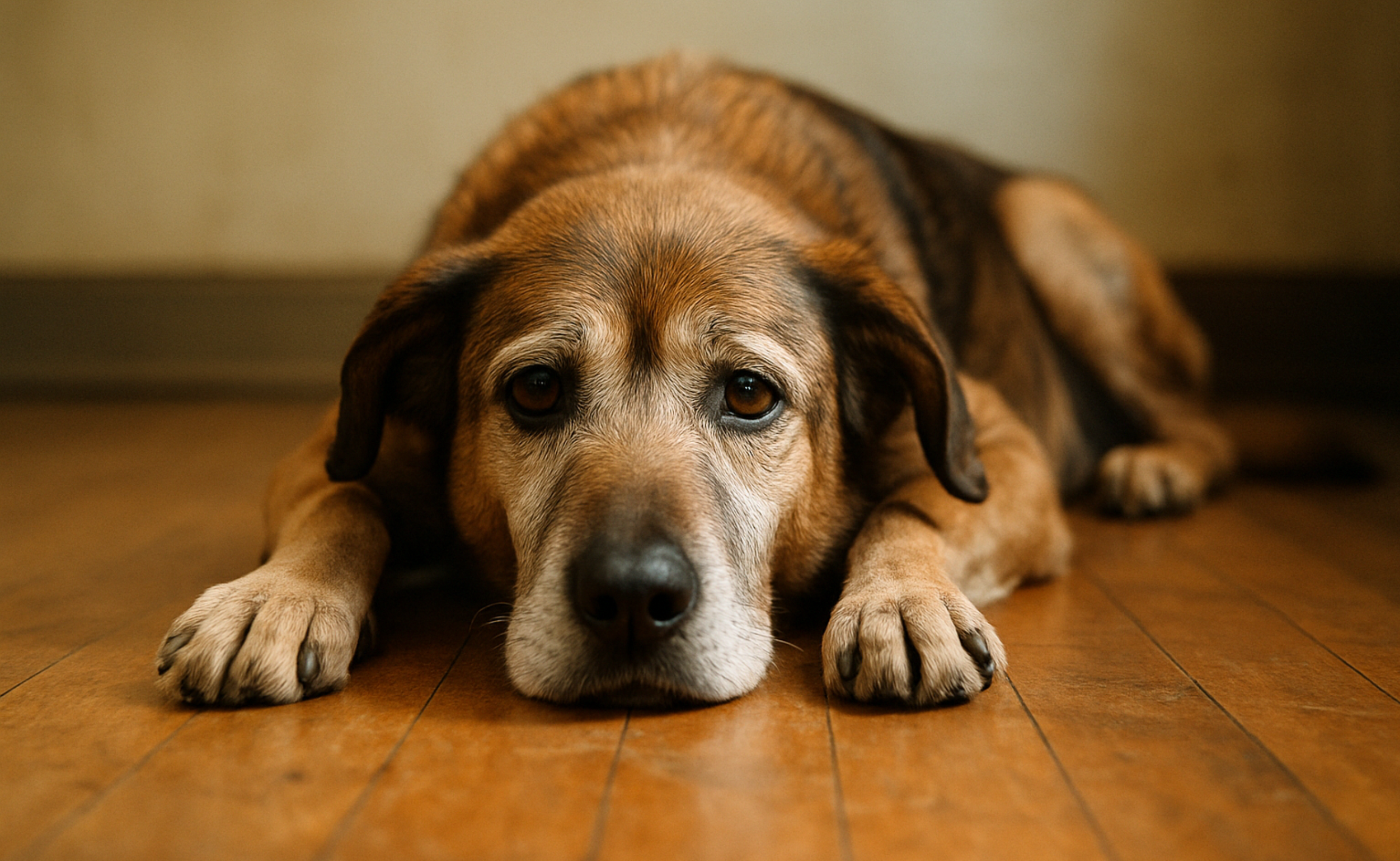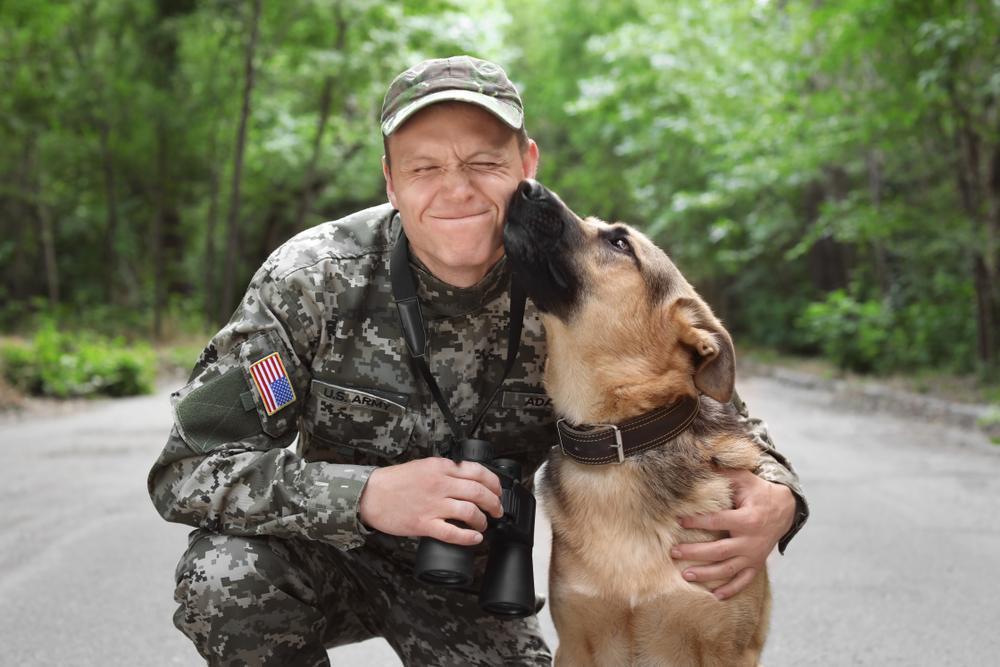Picnic & BBQ Safety: What Foods Can Dogs Safely Enjoy?

Can dogs eat hot dogs? Is it okay to feed your dog corn on the cob? Summer cookouts and picnics can raise a lot of questions for pup parents who want to include their furry kiddos in the fun without endangering their health. But fear not – we’ve put together a list of summer foods that are safe to share with your dog (as well as foods that aren’t so safe or healthy), so you can enjoy peace of mind while dining al fresco with your pooch.
Picnic Foods You can Share With Your Dog
The good news is that there are a lot of picnic and cookout foods that are safe to give your dog, as long as you follow a few guidelines:
-
Exercise moderation. Human foods, along with other treats, should only make up about 10 percent of your dog’s daily calories. Treating your fur pal with a little extra on holidays and special occasions won’t make them overweight, especially if they’re getting a proper daily diet. But you don’t want to make a regular habit of it.
-
Prepare unseasoned versions of what you’re eating just for your pooch. Salt, spices and other ingredients found in seasonings, rubs, condiments and dips are unhealthy and even downright toxic for dogs (more on this later). It’s okay to give your pup a taste of hamburger or hot dog off the grill – just do it before adding salt or other flavorings.
-
Make up a plate just for your doggo – either that, or serve their treats in their regular dish. Feeding them scraps from your own plate is a bad habit to teach them. Once they learn to beg for table scraps, it’s hard to say no, which could help to explain why 56 percent of dogs in the U.S. are overweight or obese. Not only that, but food on your own plate is likely to contain salt and other ingredients that aren’t good for them.
-
Feed them cooked, lean portions of meat that don’t have any fat or skin. While the debate over the safety of raw food diets for dogs rages on, if your pup isn’t accustomed to a raw diet, it’s safest to cook their meat well in order to kill any pathogens that could make them sick.
- Don’t add fat. Your dog is most likely getting the right amount of healthy fats in their daily kibble. Too much fat, especially in one sitting, can cause pancreatitis, a dangerous and potentially fatal condition. So skip the butter, oils and mayo when serving people food to your dog.
Meats Dogs Can Safely Eat
Dogs are primarily meat eaters. Most sources of animal protein are not only okay for them to eat, but actually healthy for them – so long as they’re prepared according to the guidelines above. And if you give your dog chicken or fish, make sure it doesn’t have any bones that could choke them or cause injury to their mouths or internal organs.
Here’s a list of meats and animal proteins that you can feel good about feeding your dog:
-
Beef
-
Chicken
-
Eggs
-
Fish
-
Lamb
-
Pork
-
Turkey

Fruits and Vegetables Dogs Can Eat
Most fruits and veggies are healthy for dogs to eat, with a few notable exceptions (see our list of toxic foods down below). Most veggies are fine to serve raw, steamed or boiled – again, skip the salt, fats and other seasonings. And while it’s fine for your pooch to eat the thin skins on apples, berries, peaches and pears, thicker peels and rinds should be removed, along with seeds, pits, leaves, stems and other parts of the plant, which can contain toxic compounds.
While fresh fruit can be a tasty and healthy treat for most dogs, stay away from processed forms of fruit and fruit-flavored foods. These often contain added sugar or artificial sweeteners that could be harmful. And if your pup is diabetic, avoid feeding them starchy veggies or sugary fruit.
Here’s a list of summertime fruits and veggies that are safe for dogs:
-
Apples
-
Berries
-
Banana
-
Broccoli
-
Brussels sprouts
-
Cantaloupe
-
Carrots
-
Celery
-
Coconut
-
Corn (off the cob)
-
Cucumbers
-
Figs
-
Green beans
-
Kiwi
-
Mangoes
-
Mushrooms
-
Pears
-
Peaches
-
Plums
-
Pineapple
-
Potatoes
-
Orange slices
-
Squash
-
Salad greens
-
Sweet potatoes
-
Tomatoes
-
Watermelon
Other Snacks Dogs can Eat
Your fur kid may not be satisfied sticking to the strictly healthy stuff, so don’t be surprised if they come drooling around other snacks. The foods on this list should be fed in moderation and with a dose of common sense. While a few bites of a hot dog bun or sandwich bread are fine as long as they aren’t coated with condiments, just say no to salty crackers, and never feed dogs raw bread dough, which could keep fermenting inside their stomachs. Limit quantities of high fat treats like peanut butter, nuts and pistachios, and be sure to remove hulls and shells. And as always, skip the butter and salt.
These picnic treats are fine to give your dog on occasion:
-
Baked bread
-
Hard cheese
-
Natural peanut butter
-
Pistachios
-
Peanuts and cashews
-
Popcorn
Food Dogs Shouldn’t Eat
Although an occasional nibble of these foods is unlikely to harm your pup, you should think twice about feeding any of the following foods to your dog. If you do decide to indulge Fido, exercise good judgment and consider his size and weight. Amounts that won’t harm a St. Bernard could damage the health of a Chihuahua. It’s best to talk to your vet before letting your pup have any of the food on this list, especially if they have health problems.
-
Cured and processed meat
Hot dogs, ham, bacon, deli meats, bratwurst, sausages and other cured meats like salami or prosciutto are all high in nitrates, as well as salt and fat content. For this reason alone, they aren’t generally good for dogs, although a small bite on occasion is unlikely to hurt. Another potential issue is that some sausages and processed meats may contain garlic, onions, spices and other ingredients that could poison your pooch, so definitely refrain from giving your pup flavored meats.
-
Dairy
Like people, some dogs handle dairy fine, while others are lactose intolerant. If you want to give your dog some cheese or indulge them in a “puppuccino” or a lick of non-chocolatey ice cream, it’s best to stick to tiny amounts until you know for certain whether it will cause your fur kid tummy troubles.
-
Fried and Fatty foods
As mentioned earlier, overloading on fat can cause dogs to develop a dangerous condition called pancreatitis. And too much fat on a steady basis can lead to obesity and a whole host of obesity-related health problems like diabetes and heart disease.
-
Nuts
Nuts are a tricky food group when it comes to what’s safe for dogs. Cashews, peanuts and pistachios aren’t true nuts, which is why they’re dog-safe in small quantities. But true nuts are problematic for dogs. Besides their high fat content, many varieties of nuts can cause gastrointestinal issues, and can also pose choking hazards. And some nuts, like macadamia nuts, are downright toxic.
-
Salty foods
Although it’s rare, an excess buildup of salt in your dog’s bloodstream can cause salt toxicosis, which can cause vomiting and diarrhea, seizures, and even death. A nibble or two of a salty snack isn’t likely to affect your dog that way, but a high-sodium diet can contribute to high blood pressure and heart disease. And dogs who already have heart problems or kidney disease should absolutely be kept away from salty foods.
-
Sugar
Sugar isn’t toxic to dogs, but too much is unhealthy for them for all the same reasons it is for us humans. Dogs given too much sugar can develop diabetes and other health problems. Another potential problem is that sugary treats and snacks often contain other ingredients, like chocolate or raisins, that are toxic to dogs. So you don’t want to accidentally train them to steal sweet snacks off the counter when you’re not looking. And don’t give your dog sugar-free sweets thinking it’s better for them – some sugar substitutes, like Xylitol, are extremely toxic to dogs.

Food Dogs Can’t Eat
All of the following are human foods dogs cannot eat under any circumstances. Each contains compounds that are toxic to dogs, and can cause serious health problems ranging from upset stomach and diarrhea to nervous system damage, kidney failure and death.
-
Alcohol
-
Avocados
-
Blue cheese and other cultured cheeses
-
Caffeine
-
Chocolate
-
Corn on the cob
-
Fruit pits, seeds and rinds
-
Garlic, leeks, onions and other alliums
-
Grapes, raisins and currants
-
Lemons and limes
-
Macadamia nuts
-
Raw potatoes
-
Spices, seasonings and condiments
-
Xylitol and artificial sweeteners
What if Your Dog Eats Something Harmful?
If your sneaky pooch gets ahold of foods on the forbidden list, you should contact your vet for advice. Depending on what they ate, and how much, your vet may have you keep an eye on them and wait to see if symptoms develop.
But if your pup shows any of the following symptoms, get them to an emergency vet, or contact the Pet Poison Helpline at 855-764-7661 if you can’t get to a vet right away.
- Appetite loss
- Blood in stool or urine
- Diarrhea lasting more than 24 to 48 hours
- Dizziness or lack of coordination
- Elevated heart rate
- Excessive panting or rapid breathing
- Fainting or collapse
- Fever
- Frequent vomiting
- Labored breathing
- Lethargy
- Listlessness
- Nose bleeds
- Pale gums
- Restlessness
- Rigid muscles
- Seizures
- Tremors
- Unusual swelling
- Weakness
When in Doubt, Bring Treats
If you’ll be bringing your buddy along to a summer party or barbecue where you’re not sure whether there will be anything on the menu that’s safe for them to eat, your best bet is to bring their own food and treats that they can snack on, and leave the human food to the humans. And don’t forget to bring plenty of water to keep your pooch hydrated, especially if you’ll be outdoors.
Dogs and Food Safety: A Final Reminder
It may seem like dogs have an iron stomach, but they can suffer from food poisoning the same as you can. Safe food handling is a must for both you and your pup. Be sure to wash your hands, as well as dishes and surfaces, after handling raw meat. Rinse fruits and vegetables before feeding them to Fido, and don’t leave meat, fish, eggs or side dishes made with eggs or mayonnaise sitting out too long. Toss anything that looks or smells off. Remember, if something seems too iffy for you to eat, you shouldn’t give it to your dog, either.
Armed with this list of dos and don’ts for bringing your dog to a cookout, you can feel good about including your best furry pal in food-related summer festivities. Knowing which summer foods are safe to give your dog can let you enjoy your quality human-pup time without worrying that they might eat something that’s bad for them.
Share this article
written by


